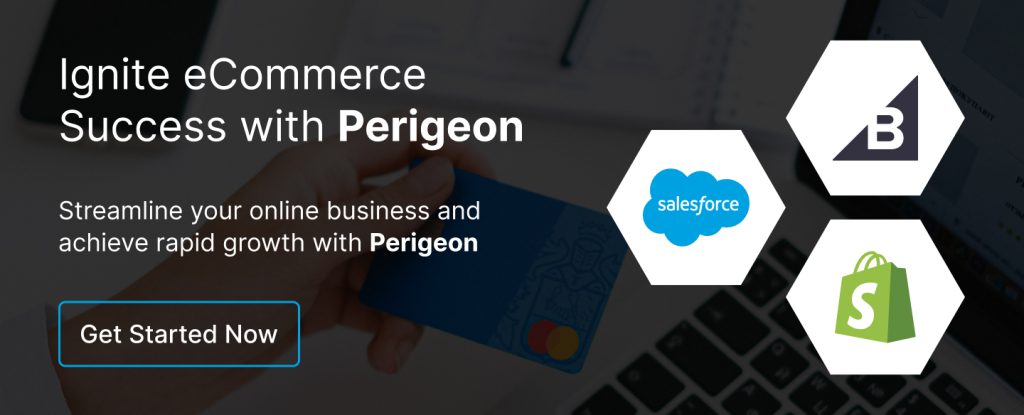In the vast ecosystem of e-commerce, businesses have a myriad of models to choose from, each offering its unique set of advantages and challenges. Whether you’re a budding entrepreneur or an established retailer looking to expand your online presence, understanding the various e-commerce business models is essential for success. Let’s dive into the intricacies of different e-commerce business models and explore their key characteristics.
- Business-to-Consumer (B2C) Model:
The B2C model is perhaps the most familiar to consumers, involving transactions between businesses and individual shoppers. In this model, businesses sell products or services directly to consumers through online storefronts, marketplaces, or social media platforms. Examples include online retailers like Amazon, Walmart, and Zappos. B2C e-commerce is characterized by its focus on customer acquisition, retention, and satisfaction, with a strong emphasis on user experience and branding.
- Business-to-Business (B2B) Model:
In the B2B e-commerce model, businesses sell products or services to other businesses. This model is prevalent in industries such as manufacturing, wholesale, and distribution, where bulk orders and long-term relationships are common. B2B e-commerce platforms facilitate transactions between businesses, streamlining procurement processes, and enabling companies to source products, manage inventory, and collaborate with suppliers more efficiently.
- Consumer-to-Consumer (C2C) Model:
The C2C e-commerce model involves transactions between individual consumers, often facilitated by online marketplaces or platforms. In this model, individuals can buy and sell goods or services directly to one another, bypassing traditional intermediaries. Examples of C2C platforms include eBay, Craigslist, and Etsy. C2C e-commerce thrives on the principles of peer-to-peer commerce, allowing individuals to monetize their assets, hobbies, or skills while providing opportunities for others to discover unique and often handmade items.
- Consumer-to-Business (C2B) Model:
The C2B e-commerce model flips the traditional B2C model on its head, with individuals offering products or services to businesses. This model is prevalent in industries such as freelancing, consulting, and influencer marketing, where individuals leverage their expertise, creativity, or social influence to offer value to businesses. Examples of C2B interactions include freelance marketplaces like Upwork, Fiverr, and influencer platforms like Instagram and YouTube.
- Direct-to-Consumer (D2C) Model:
The D2C e-commerce model involves brands selling products directly to consumers, bypassing traditional retail channels. This model has gained popularity in recent years, fueled by advancements in technology, changing consumer preferences, and the rise of social media. D2C brands leverage online storefronts, social media marketing, and direct-to-consumer advertising to establish direct relationships with customers, gain valuable insights into their preferences, and offer personalized shopping experiences.
- Subscription Model:
The subscription e-commerce model involves offering products or services on a recurring basis, typically through subscription plans or memberships. This model is prevalent in industries such as beauty, food, and entertainment, where customers subscribe to receive curated boxes, access exclusive content, or enjoy ongoing benefits. Subscription e-commerce provides businesses with recurring revenue streams, fosters customer loyalty, and encourages long-term relationships with subscribers.
In the diverse landscape of e-commerce, businesses have a multitude of models to choose from, each catering to different market segments, consumer behaviors, and industry dynamics. Whether you’re selling products directly to consumers, facilitating transactions between businesses, or enabling peer-to-peer commerce, understanding the nuances of different e-commerce business models is essential for building a successful online venture. By identifying the model that aligns with your goals, target audience, and value proposition, you can effectively navigate the e-commerce landscape and capitalize on opportunities in the digital marketplace.
Perigeon Software goes beyond being just a tech solutions provider; we’re your dedicated partners on the journey to success. We’ve forged strong alliances with industry leaders such as Salesforce, dbt Cloud, and BigCommerce to bring you more than mere services we bring innovation personalized to your unique needs.
With Salesforce, we’re not just implementing CRM solutions; we’re helping you foster meaningful customer relationships.
Through our collaboration with dbt Cloud, we transform data into insights that guide your strategic decisions.
And with BigCommerce, it’s more than e-commerce; we’re crafting online experiences that deeply resonate with your customers.
At Perigeon, these partnerships are more than just collaborations – they signify our commitment to making technology work intimately for you, ensuring your business not only adapts but thrives in today’s dynamic landscape.
Drop us a mail at possibilities@perigeon.com to discuss your business requirement.



